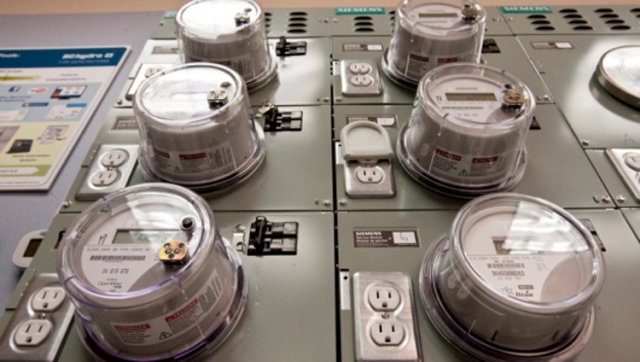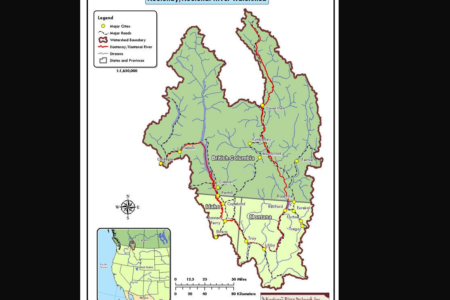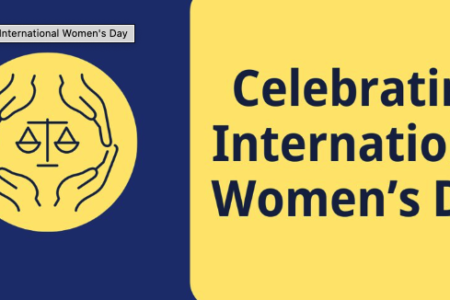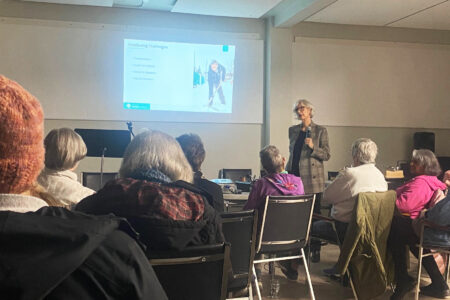Top 10 smart metering program myths and facts
By Gary Murphy, BC Hydro
This summer, BC Hydro will begin implementation of the Smart Metering Program. This program involves replacing existing meters with a modern, fully integrated, smart metering system as part of our critical infrastructure upgrades.
The Smart Metering Program will help to ensure that BC Hydro can continue to deliver safe, reliable and cost effective electricity to homes and business across the province. Currently, there is a great deal of misinformation circulating about BC Hydro’s Smart Metering Program.
Here are some myths and facts related to smart meters:
Myth: Smart meters will transfer money from customers’ pockets to big corporations through higher rates.
Fact: BC Hydro’s Smart Metering Program will pay for itself through reduced theft of electricity, energy savings and operating efficiencies, and will deliver $520 million in net benefits over 20 years. Since BC Hydro is a publically owned utility, all of these savings will be passed on to our customers – keeping rates lower than they otherwise would be without the program.
Myth: Smart meters emit high levels of microwave radiation.
Fact: Smart meters do not emit any microwave radiation. They communicate using radio frequency, which is a different type of electromagnetic field than microwave.
Myth: Like a cell phone, smart meters transmit signals 24/7.
Fact: Unlike cell phones, smart meters communicate for only minutes per day and remain in a fixed location, so they do not need to constantly search for a signal.
Myth: Smart meters will emit high levels of radio frequency radiation into my home.
Fact: Smart meters communicate using an extremely low, infrequent, and short signal. Radio frequency signals from smart meters are much lower than the signal from common everyday devices such as radios, baby monitors and even the spark plugs in your car.
Myth: BC Hydro has not researched the health effects of radio frequency.
Fact: The potential effects of radio frequency have been carefully investigated around the world. Many reputable health authorities, such as the World Health Organization and Health Canada, have conducted thorough reviews of all of the different types of studies and research on electromagnetic fields and health and have determined that there is no cause-effect relationship between exposure to radio frequency and human health.
Myth: Smart meters can be easily “hacked”.
Fact: Smart meters use data encryption similar to that used by online banking systems. BC Hydro has not, and will not, deploy anything on the system until we are fully confident issues of privacy and security are properly addressed.
Myth: Smart meters will allow BC Hydro to know when I’m at home and what appliances or electronic devices I am using.
Fact: At no time will BC Hydro have access to any customer’s real-time consumption data. Only customers who choose to take advantage of in-home feedback devices will have access to real-time consumption data in the privacy of their own homes. All personal information collected is handled in accordance with the British Columbia Freedom of Information and Protection of Privacy Act.
Myth: Smart meters mean job losses.
Fact: The Smart Metering Program will create new technology jobs to maintain and operate the smart metering system. In addition, the installation of the new meters will create approximately 350 jobs and generate $30 to $40 million in direct wages.
Myth: Smart meters are a fire hazard.
Fact: The risk of smart meters causing electrical problems is the same as the extremely low risk that exists with today’s meters. This is because the smart meter measures electricity – it does not use it. In fact, smart meters provide an additional level of protection because the meter will “take the hit” rather than allow electricity surges to travel into the customer’s premise.
Myth: BC Hydro has been installing smart meters since 2008.
Fact: Smart meters will not be installed until the summer of 2011. Currently some customers have meters with a digital display that look similar to smart meters. However, their internal components are very different.
All current information about the program, including the business case, can be found at bchydro.com/smartmeters.
Gary Murphy is chief project officer for BC Hydro’s Smart Metering Program.


























